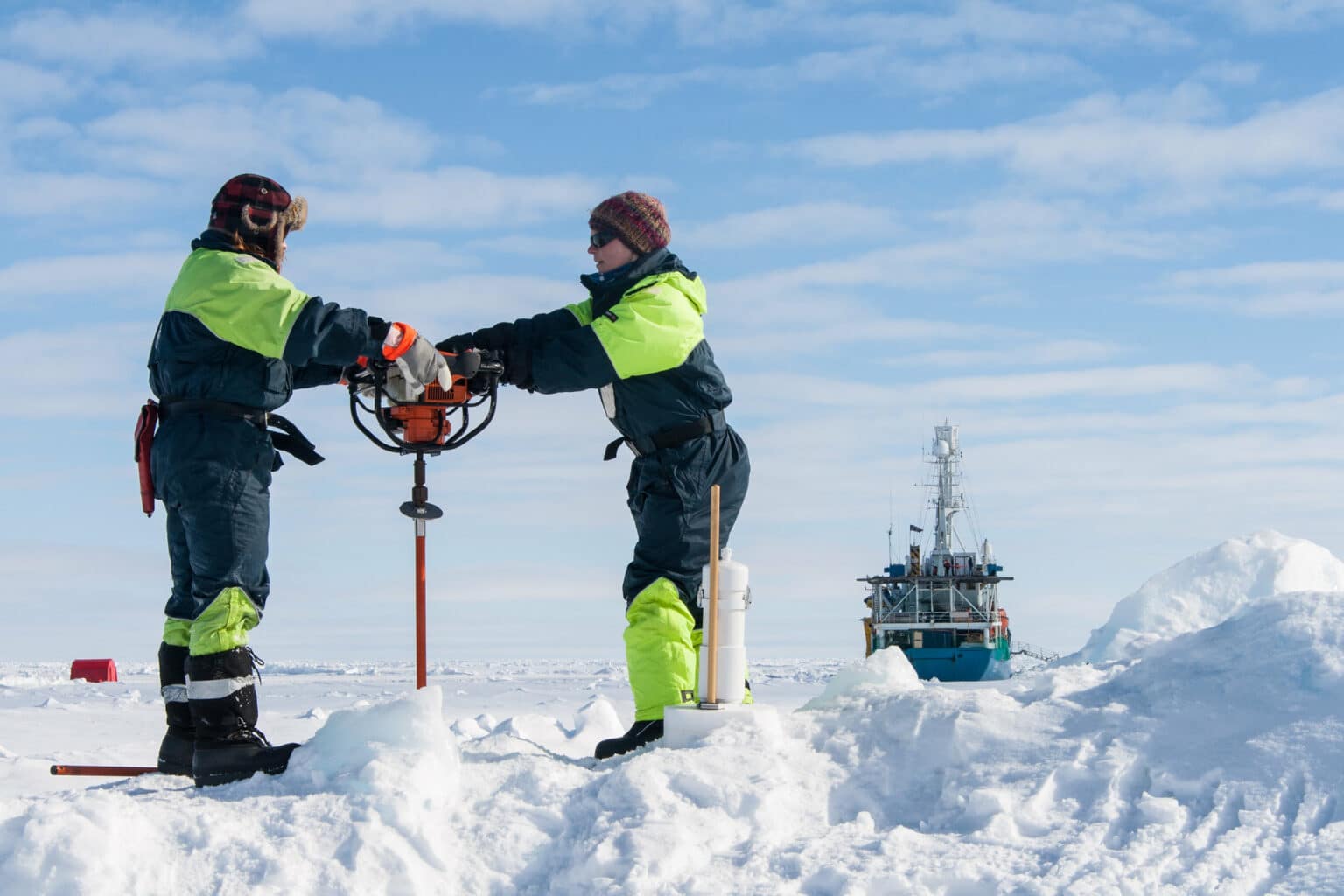Climate campaigners are again taking Europe’s second largest oil and gas producer to court over the climate impacts of fossil fuel extraction in the Arctic, after a previous attempt failed at the country’s Supreme Court in December.
Six climate activists, alongside Greenpeace Nordic and Young Friends of the Earth Norway, have filed an application at the European Court of Human Rights claiming the Norwegian government’s approval of new licences for offshore oil drilling in the fragile Arctic region violates their human rights.
In 2016, the Norwegian government awarded 10 oil and gas licences in the Barents Sea to companies including US oil majors ConocoPhillips and Chevron.
The two environmental organisations had previously taken legal action domestically against the government, arguing that issuing the licences breached Norway’s constitution which protects the right to a healthy environment. But in December the Norwegian Supreme Court ruled against them.
The move comes days after the government pledged to continue issuing new exploration licences, putting it at odds with recent recommendations from the International Energy Agency for countries to cease investments in new oil and gas projects, if the Paris Agreement goals are to be met.
The individual applicants in the latest case, dubbed – like the previous legal action – The People v. Arctic Oil, are Ingrid Skjoldvær, Gaute Eiterjord, Ella Marie Hætta Isaksen, Mia Cathryn Chamberlain, Lasse Eriksen Bjørn and Gina Gylver.
The activists, all of whom are in their twenties, say climate change exacerbated by oil drilling in the Arctic discriminates against their age group and puts a disproportionate burden on young people, as well as discriminating against minority populations.
Applicant Eriksen Bjørn, who is from the Sea Sámi, an indigenous people, fears the impact that climate change will have on their way of life. “The Sámi culture is closely related to the use of nature, and fisheries are essential. For our culture to continue without the traditional harvesting of the oceans would be impossible. A threat to our oceans is a threat to our people.”
Allowing new oil production in vulnerable parts of the Barents Sea contravenes, they argue, articles 2 and 8 of the European Convention on Human Rights, which protect the right to life and the right to respect for private, home and family life. They also claim a violation of article 14, which protects the right to freedom from discrimination.
Climate Litigation Success
The activists have been heartened by recent legal victories against oil giant Shell in the Netherlands and the governments of Germany and Australia.
Meanwhile, the European Court of Human Rights has proved itself particularly open to climate litigation, and is already considering two lawsuits arguing that climate inaction by governments risks basic rights such as health and life.
If the court accepts the new case, it will be the first that exclusively focuses on new oil and gas exploration.
The organisations involved say that, if the court agrees with the applicants that issuing the oil drilling licences was illegal, there will be significant pressure on Norway to change its fossil fuel policy.
The United Nations Special Rapporteur on Human Rights and the Environment David Boyd, who supported the previous lawsuit, has argued that Norway’s continued oil production during a time of climate emergency amounts to a violation of human rights.
Mia Chamberlain, one of the six individual applicants, said climate change and her government’s inaction had deprived her of belief in the future. “But our application to the European Court of Human Rights is for me the manifestation of action and hope in the face of this crisis.”
The Norwegian government has been contacted for comment.
Subscribe to our newsletter
Stay up to date with DeSmog news and alerts







